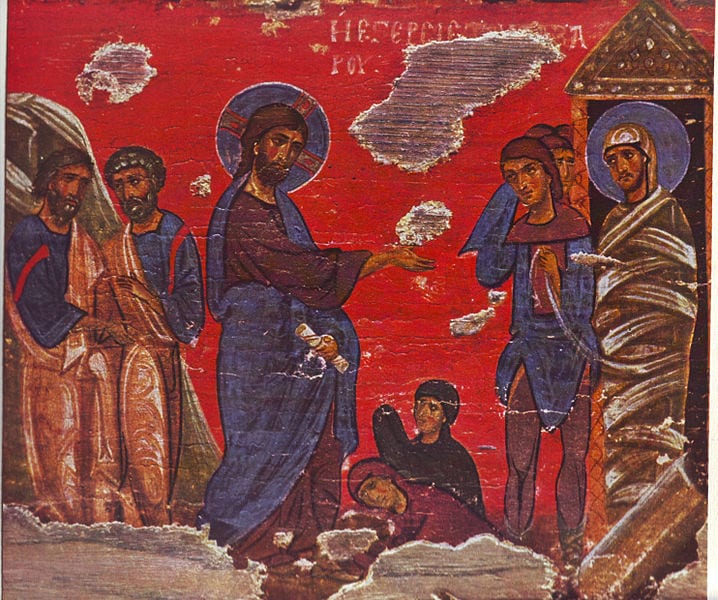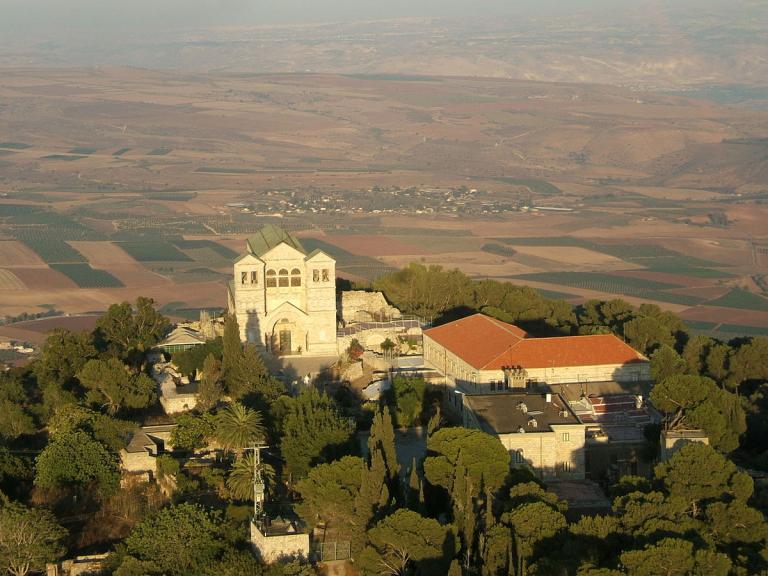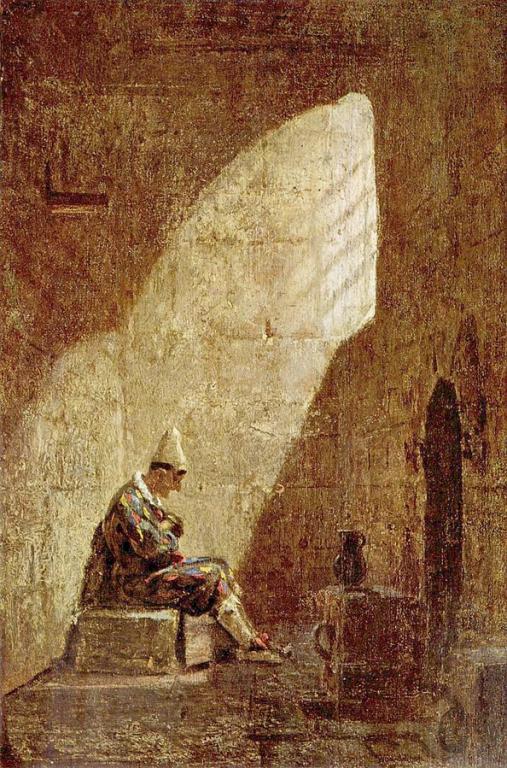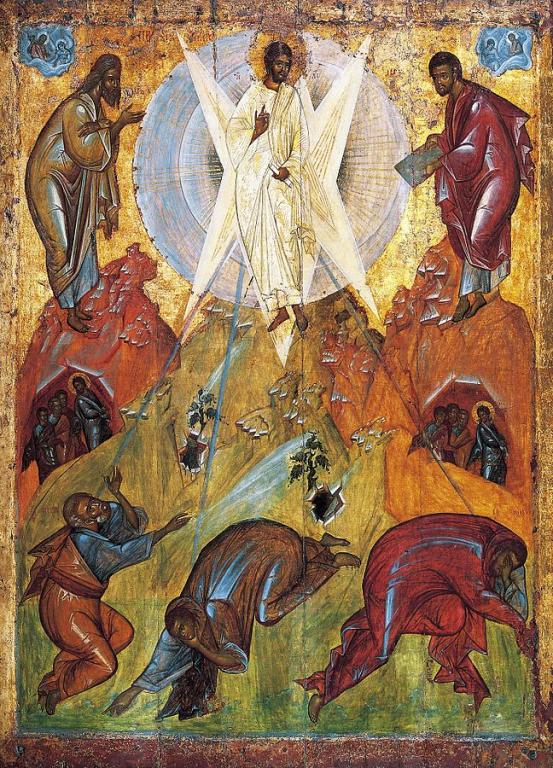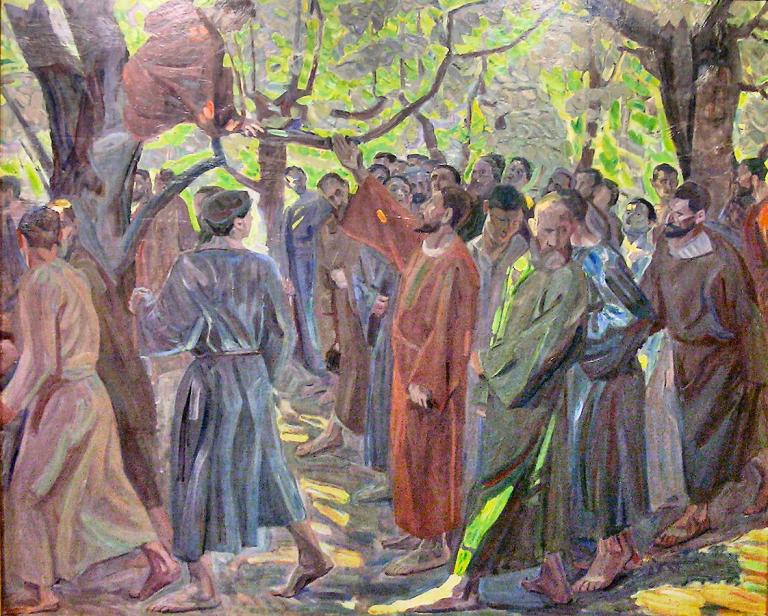Jewish people celebrated the feast of “Purim” this week. “Purim” means “lots” in Hebrew and refers to the Persian empire’s wicked prime minister Haman’s decision to cast lots to determine when to exterminate the Jewish people (Esther 3:7). The biblical book of Esther recounts this ordeal and how divine providence, not chance, delivers the Jewish people from Haman’s attempted genocide through Queen Esther. There is no mention of God anywhere in Esther. Even so, it is quite clear that luck... Read more



